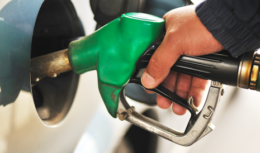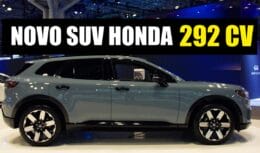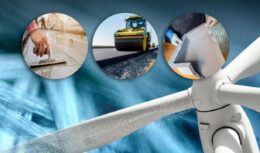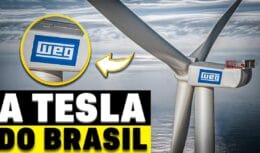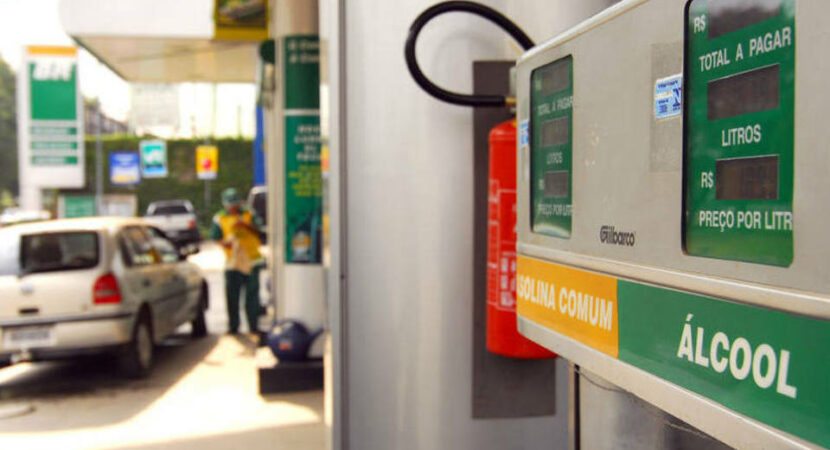
Brazilian ethanol is a cheaper and more viable alternative compared to the electric car and gains international prominence and the multinational Volkswagen for reducing greenhouse gas emissions
Brazilian ethanol in the sights of Volkswagen! In the global race to decarbonize the planet, many countries plan to use electric cars in greater quantities and in the short term, especially in Europe. However, Brazil can reduce its emissions very quickly and cheaply by increasing the production and use of ethanol. Renato Romio, head of the Motors and Vehicles Division at the Mauá Institute of Technology (IMT), recalls that important automakers in the domestic and international markets have realized the potential of Brazilian ethanol to control polluting gases.
Read also
- Tomorrow (August 19) Schlumberger calls professionals with technical backgrounds in the industrial area for a RECRUITMENT WEBINAR
- Free oratory course: communication becomes the most sought-after requirement by companies and professionals need to qualify to guarantee the long-awaited job vacancy
- Petrobras invests in technology for remote monitoring of platforms in the Campos Basin
- Candidates without experience of all ages, areas and genders are invited to work at Vale; one of the largest logistics and iron mining companies in the world opens vacancies
- WEG integrates the unique and revolutionary production system in the world for electric mobility created by the global leaders Volkswagen, Bosch, ABB and Siemens
Brazilian ethanol attracted attention from Volkswagen
“The interest in our fuel attracted the attention, for example, of Volkswagen, which aspires to transform Brazil into a center for the development of cars with internal combustion engines. The automaker believes that the electric car, in Brazil, would not have the same adhesion and consumption as in Europe. Because, in addition to being expensive, we produce ethanol, considered a biofuel that can very well meet the objective of reducing the emission of pollutants and CO2”, comments Romio.
According to calculations by the Sugarcane Industry Union (Única), considering the complete cycle, which includes sugarcane planting and harvesting, processing, transport and distribution, in addition to use in cars, a vehicle fueled exclusively with Brazilian gasoline ( with 27% anhydrous alcohol) emits 131 g of CO2 per kilometer, compared to just 37 g of CO2/km, if fully fueled with sugarcane ethanol, a value lower than that of a battery model in Europe, which, powered by the matrix region's current energy source, emits 54 g of CO2/km.
The priority issue, therefore, is to increase the efficiency of sugarcane cultivation and ethanol production to reduce its price, in addition to making vehicles more economical and, thus, convincing consumers to use biofuel in their flex-fuel cars, as alcohol it only has a financial advantage over gasoline in a few states in Brazil. Investing in ethanol is a matter of adjusting public policies.
Ethanol has a very interesting and renewable cycle
Ethanol has a very interesting and renewable cycle, that is, as it comes from sugarcane, the CO2 is absorbed by the sugarcane plantation itself, which uses it for new alcohol productions, thus bringing benefits to the environment. .
“In addition, there is the advantage of dispensing with public and private investment in electric vehicles and charging systems. It is worth remembering that Mauá, in partnership with USP and ITA and with the support of FAPESP, is home to an engineering research center whose objective is to improve efficiency in the use of biofuels. This puts us in a strategic position in relation to research to reduce the emission of greenhouse gases in mobility”, reinforces the specialist.
Volkswagen will adopt ethanol as a source of electrification in Brazil and is considering producing vehicles with a flex-fuel hybrid engine, as Toyota does
Following in the footsteps of the Japanese Toyota, Volkswagen claims that it will adopt ethanol as the best way to electrify the domestic vehicle market and is considering producing vehicles with a flex-fuel hybrid engine. Check out Volkswagen's strategy for the Ethanol market
During an event for the Brazilian press on Wednesday (28), the president of the automaker in Brazil and Latin America, Pablo Di Si, assumed that he will adopt ethanol for sustainable mobility in the domestic market. According to the executive, it is not enough to look only at the car's exhaust, it is necessary to understand the system as a whole.
Di Si mentions the pollution produced by electric cars when the entire chain is taken into account. According to a survey conducted by the Sugarcane Industry Union (UNIVERSITY OF CAGLIARI), while a fully electric vehicle can emit 54 g of CO2/km, a vehicle with a flex-fuel hybrid engine emits 37 gCO2/km. For the CEO of the institution, Evandro Gussi, currently the most basic car that uses ethanol as fuel in Brazil is cleaner than any electric car in Europe.
According to the director, it is not a question of “electric car versus ethanol”, but “electric car plus ethanol”. The director states that the transition process to electric cars brings some advantages and gains in terms of efficiency compared to combustion engines, but in the case of Brazil it is also necessary to solve the problem of electric generation. According to Gussi, if your energy generation is not clean, with low carbon emissions, the problem has not yet been solved.


